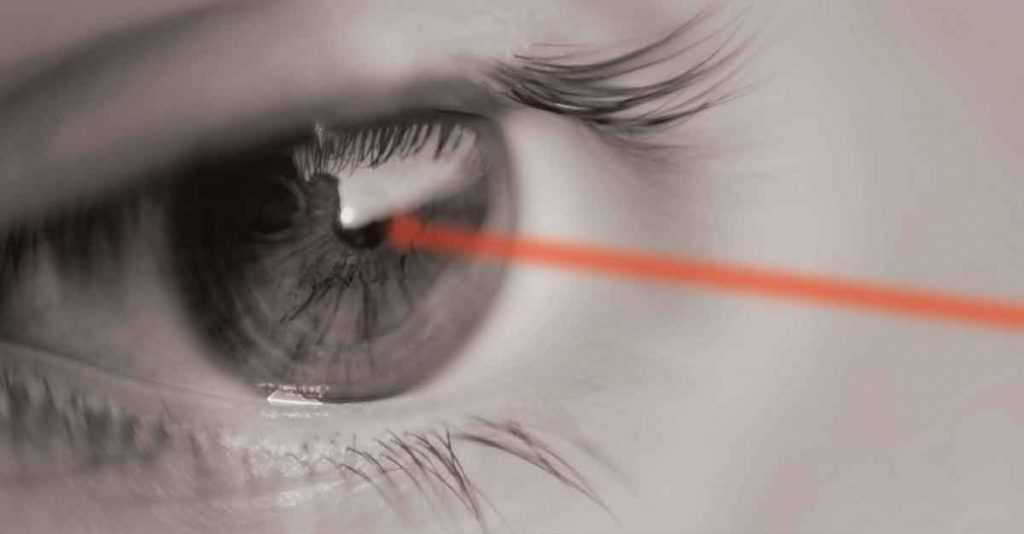Diabetes has been affecting people since ages and some of the patients have faced some serious consequences because of it such as limb amputation, Kidney failure, heart diseases and even loss of vision.
Chronic diabetes can greatly affect our eyes; Diabetic Retinopathy is one condition in which blood vessels of the retina gets damaged. Initially, it might not show any symptom but if not diagnosed or treated earlier it can lead to mild to complete loss of vision. Don’t worry it is treatable if diagnosed early.
Today Marham is here to clarify all your thoughts regarding Diabetic Retinopathy’s treatment by answering some frequently asked questions about it.
How Diabetic Retinopathy occurs?
Presence of excessive sugar in the blood can block the blood vessels that supply blood to the retina. Your risk of getting affected by it increases if you have a family history of diabetes, Poor control of blood sugar level, High blood pressure, High Cholesterol level, and excessive smoking.


How can I know I am a victim of Retinopathy?
If you have diabetes you should be vigilant enough to diagnose its early symptoms such as Fluctuating vision, blurred vision, Spots floating in your vision, dark areas in your vision etc. Diabetic retinopathy can even begin in your eyes without showing visible symptoms so it’s mandatory for you to visit an ophthalmologist (eye specialist) after at least 6 months or a year depending on your situation.
How is it treated?
It can be treated by going for laser treatment, Eye injections or Eye surgery.
How is laser treatment performed?
In laser treatment, first anesthesia drops are poured in an effected eye. The contact lens is fixed in the eye that directs the laser light to the retina.
Does laser treatment hurt?
Most patients tolerate this procedure really well, however, some patients might feel dull sensations. Don’t worry! You can take painkillers to feel better and rest as much as you can to feel better. Usually, it is painless and will take around 60 minutes for its completion.
For how long I will have to stay in a hospital?
It’s usually carried out on as an outpatient basis that means you don’t have to stay in a hospital overnight. Once laser treatment is done, doctors will wait for your stability and then you are sent back to the home.
Will my vision get better after laser treatment?
Well, it depends on your initial condition. However, laser treatment only stops the progression of diabetic retinopathy. The laser can cure the damage that has already done. So it’s always better to keep consulting your eye specialist for proper examination of your eyes.


Are there any side effects?
Even though laser treatment is necessary to stop the progression of retinopathy but it does have side effects such as:
- Blurred vision
- Extreme sensitivity to light
- Eye ache
- Reduced night vision
- A small blind spot might disturb your vision





